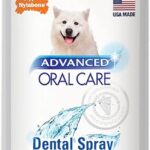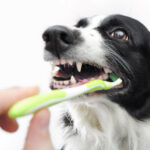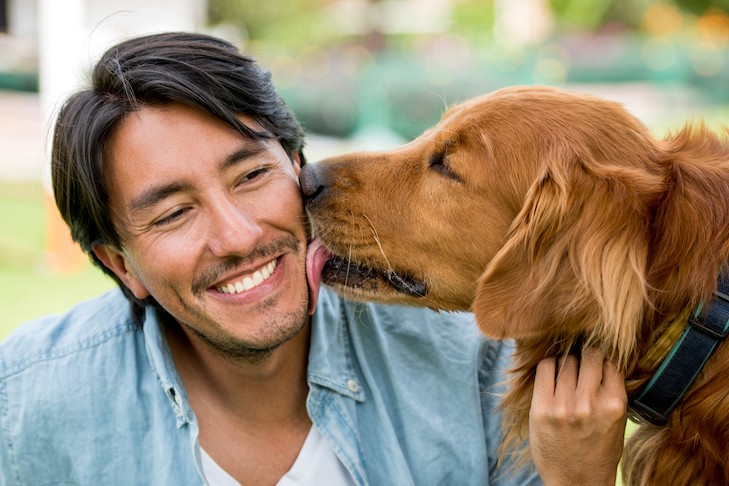
Experts recommend that all dog breeds, whether independent or dependent in temperament, should at least spend 1-2 hours of social time with their human parents or companions! But this can be pretty daunting, especially if your doggie has a dental issue(s). So, if you are looking for tips on how to best care for your dog’s teeth to improve its quality of life, then read on as I got you covered through this article.
I will walk you through simple yet effective listicles on how to care for both small and senior dog teeth, dog teeth cleaning tips, and how to care for dog teeth after cleaning.
How to take care of dog teeth
Below are some of the ways that are recommended by experts when it comes to taking care of dogs’ teeth regardless of the breed.
Teeth brushing and wiping
Routinely brushing your dog’s teeth is one of the most effective ways of caring for your dog’s teeth. Do this at least 3-5 times a week at the exact same time. This helps your doggy adjust to its tooth brushing routine. NEVER use human toothpaste to brush your dog’s teeth; instead, use a doggy-approved toothpaste.
Most dogs are not a fan of having their teeth being ‘poked’ by a brush. To make it easy for your lifetime companion, please consider wiping its teeth by using a dog safely, quality, and not easy-to-tear dog teeth wipes.
For more optimal results, please consider brushing your dog’s teeth in the morning and wiping its teeth in the evening, or vice versa.
Use of dog-safe dental chews
Get your dog a non-abrasive, veterinary oral health council-approved, and appropriately sized dental chew for healthy teeth. Make sure that you have your dog chew on a clean dental chew for at least 30 minutes daily.
Feed your doggy a teeth-friendly diet
Your dog’s diet greatly determines its teeth health, so make sure you feed it a dental-friendly diet. To achieve this, consider providing it with dry dog food.
Schedule regular dental checkups
If you are to best care for your dog’s teeth, it’s essential that you schedule regular dental checkups for it. If you are a dog parent to a Mastiff, Collie, Boxer, Dachshund, Toy Poodles, or a Chihuahua, then the chances are that you may need to schedule more dental appointments with your vet than dog owners who have other types of dog breeds. This is so because the above-named dog breeds are more susceptible to dental issues.
#How to take care of a dog with bad teeth
If your dog has bad breath, then this is indicative that your dog has dental issues, and immediate and adequate care should be implemented to halt the situation from escalating further. So how do you do this?
The smartest thing to do is book a dental appointment with a certified vet and let them help you revert your dog’s bad breath to normal. You can also brush your dog’s teeth or add a doggy-safe breath freshener to your dog’s water before heading out to your vet for further medical intervention.
How to care for a small dog’s teeth
Below are some of the ways through which you can best care for a small dog’s teeth
Brush your puppy’s teeth regularly, have it bite or chew on dental chews for at least 30 minutes and periodically take it for dental checkups.
#How to care for dog teeth after cleaning
Feeding your dog with a dental-friendly diet, routinely cleaning its teeth, and providing it with a breath freshener are some ways you can care for its teeth after cleaning it.
#Dog teeth cleaning
Below are some steps on how to clean your dog’s teeth;
- Calm your dog down
- Place some toothpaste on your fingertip and let it lick it
- Gently hold its lips and gums and carefully start brushing its teeth from the front to the back in a circular motion
Note that dogs’ toothpaste doesn’t need rinsing with water.
Let your dog achieve a priceless smile today!
To best care for your small or senior dog’s teeth, ensure that you routinely wipe and brush its teeth, feed it a dental-friendly diet, have it chew on safe dental chews, and regularly take it for professional dental checkups.











